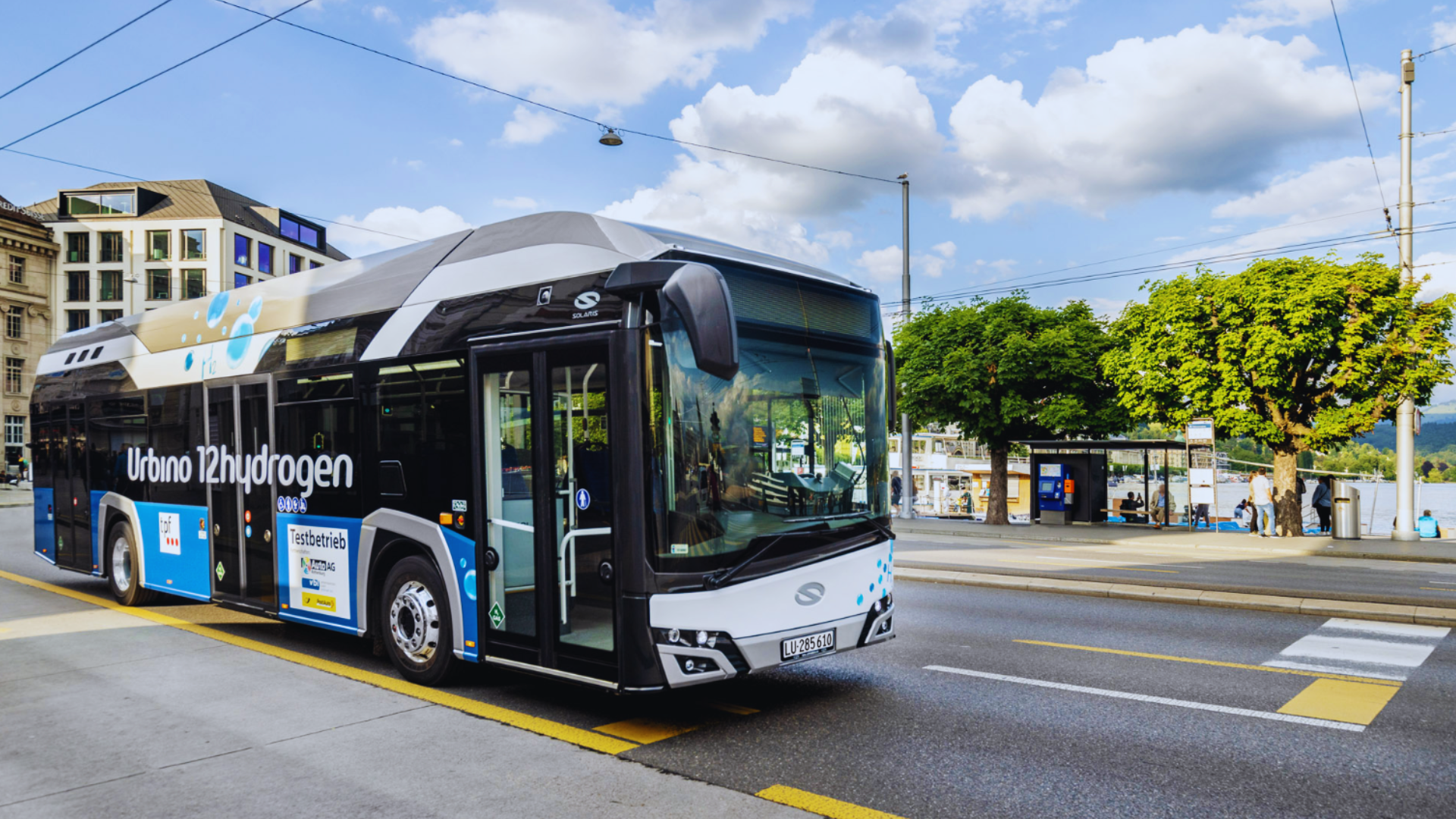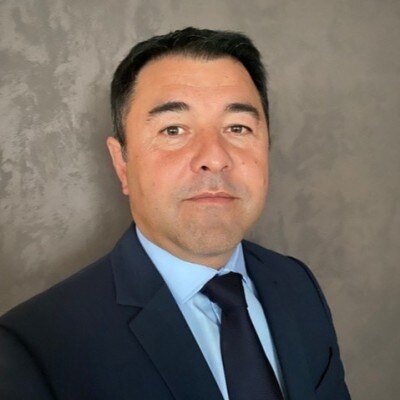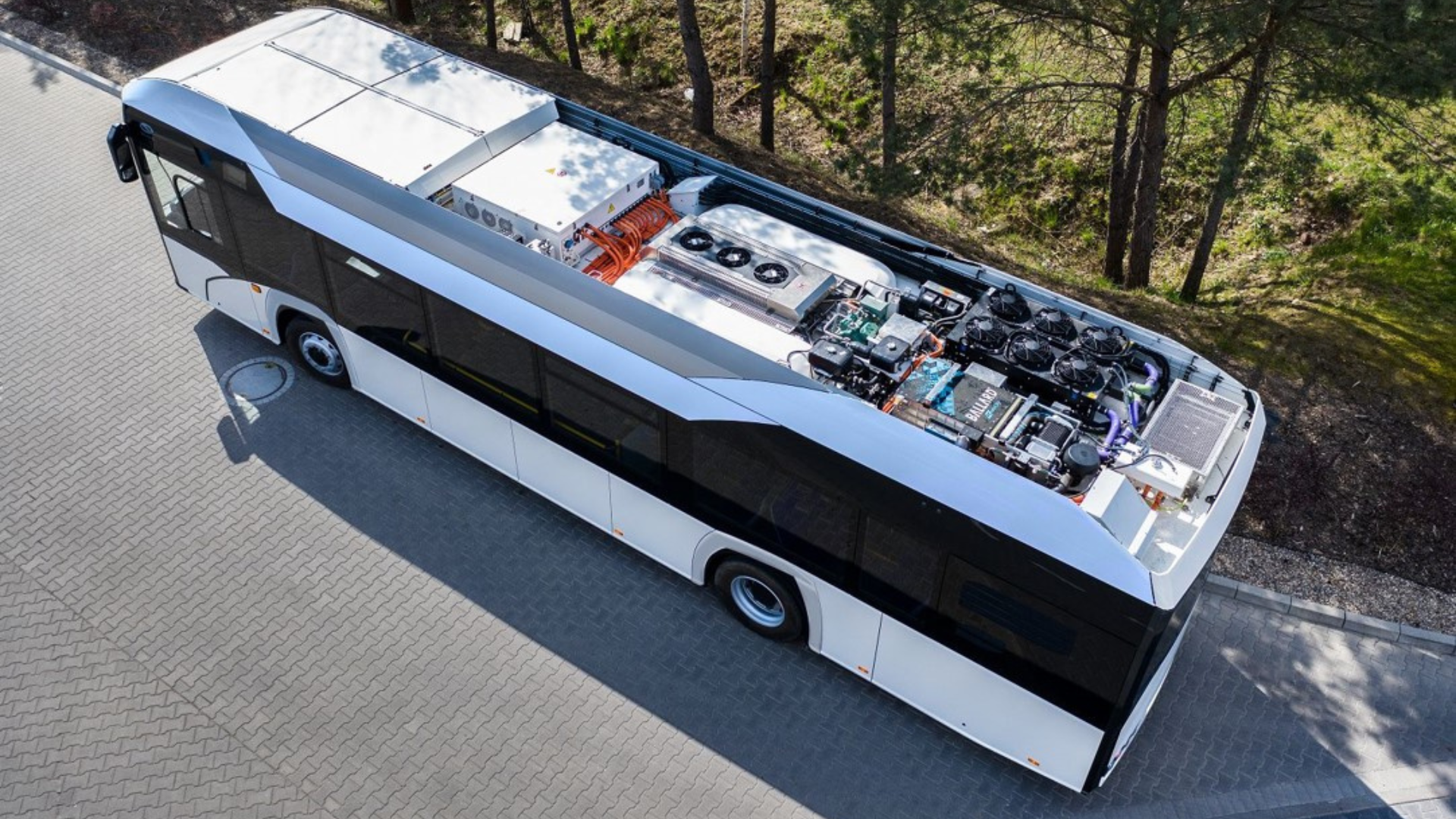
Solaris’s significant streak of business wins delivering zero-emission buses in Europe continues as the hydrogen bus leader has secured new fuel cell bus contracts in France, Germany and the Czech Republic. Ballard supplies the fuel cell engine for each contract.
Belfort, France
Continuing a recent run of important agreements to supply European transit operators, Solaris will provide eight articulated hydrogen-powered buses to the city of Belfort – to be delivered in the second half of 2025.
The vehicles were purchased by public entity Le Syndicat Mixte des Transport en Commun du Territoire de Belfort (SMTC) and Solaris’s Urbino 18 hydrogen models will join local operator RTTB’s growing zero-emission bus fleet by the end of next year.
“We are extremely proud to collaborate with SMTC in Belfort and to supply the city with the high-tech, zero-emission hydrogen buses. The Urbino 18 Hydrogen bus is not only an innovative means of transport but also a step towards a sustainable future. Thanks to the new Solaris buses, the residents of Belfort will be able to enjoy cleaner air and modern, reliable public transport.”
Brice BonaviaGeneral Manager, Solaris France

The Urbino 18 hydrogen is powered by Ballard’s rooftop-mounted FCmove®-HD+ 100kW fuel cell engine, which offers a durable, compact and easy installation solution for system integrators and vehicle OEMs.
This latest development sees Solaris build on an incredibly successful period where the manufacturer grew in 2023 to hold nearly 50% of the hydrogen fuel cell bus market share in Europe. The units deployed in Belfort will add to an impressive 260 hydrogen-powered Solaris buses that are currently serving passengers on transit routes in 25 cities across the continent.
Lens, France
Solaris will also supply four 12-meter Urbino 12 hydrogen models to Artois Mobilités for the TADO transport network, located in Lens in northern France, with the fuel cell buses due to hit public roads at the start of 2025.
The Urbino 12 hydrogen is powered by Ballard’s FCmove®-HD 70kW roof-mounted fuel cell engine. It has been in service on European transit routes since 2021, and has a range of 350km, with a short refueling time.
Ballard’s hydrogen-fueled fuel cell module offers a durable, compact, and easy roof-top installation solution, delivering lower lifecycle costs.

The fuel cell bus has a passenger capacity of 85 and there are currently more than 260 12- and 18-meter variants of the Urbino hydrogen bus now in service in major cities across Europe including Barcelona, Frankfurt and Venice.
This agreement further strengthens Solaris’s position as the leader in Europe’s zero-emission vehicle market, and it complements another order, announced in March 2024, with Île-de-France Mobilités for 22 Urbino 12 hydrogen buses which will be part of a hydrogen pilot project servicing the wider Paris area in 2025.
Czech Republic
Private transport company, Martin Uher Bus, has announced that Solaris will supply 10 Urbino 12 hydrogen vehicles for its fleet operating around Prague, with delivery expected by the end of 2025.
Martin Uher Bus, has announced that Solaris will supply 10 Urbino 12 hydrogen vehicles for its fleet operating around Prague, with delivery expected by the end of 2025.
Powered by Ballard’s FCmove®-HD 70kW rooftop-mounted fuel cell engine, the buses will be in service in the hilly areas around the Central Bohemian region – utilizing the favorable features of hydrogen, which will provide reliable and robust performance, regardless of adverse weather conditions or challenging terrains.
This program represents the first in the Czech Republic to engage in a major hydrogen-powered project for public transport.
Germany
Expanding a presence in Germany which already sees its hydrogen-powered fleets in Hamburg, Munich, Aschaffenburg, Güstrow, and Cologne, Solaris has agreed to supply 26 Urbino 12 hydrogen buses to transit operator REVG Kerpen – with two vehicles already on the road, and the rest due to be in-service in 2025. Each bus is equipped with Ballard’s FCmove®-HD 70kW fuel cell engine.
Additionally, at the start of August, RWE and Westfalen Group jointly announced the plan to develop a hydrogen refueling station (HRS) to support customers in Lower Saxony and North Rhine-Westphalia. The site is projected to provide up to 500kg of hydrogen for zero-emission passenger and utility vehicles daily from 2025, with the HRS sourcing the hydrogen from RWE’s 14MW electrolyser in Lingen.

